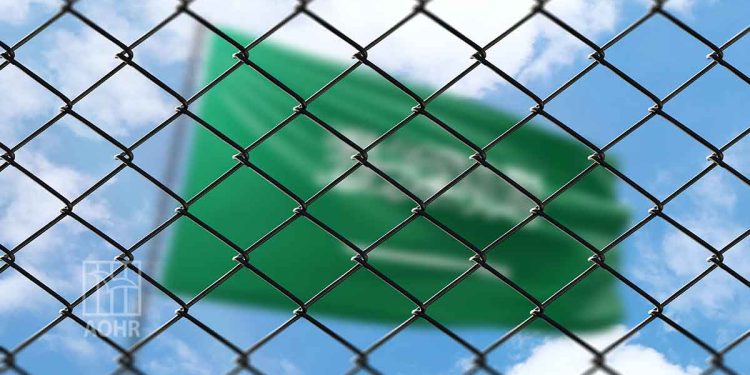In November 2019, Saudi security services arrested journalist Zana al-Shehri, as part of a wider campaign of arrests of media workers, intellectuals, and activists.
Al-Shehri’s arrest came in the wake of her tweeting her support for the ‘Arab Spring’ movement’s calls for reform in Saudi Arabia, including a shift to a constitutional monarchy.
Following her forced disappearance, Al-Shehri has suffered both psychological and physical abuse. She has been denied family visits and even communicate with them, in addition to medical negligence which has led to a deterioration of her health situation.
Since being detained, Al-Shehri has not been tried in court, and indeed the prosecutor has not presented any charges against her.
According to human rights organisations, numerous activists in Saudi Arabia have been subjected to flawed trials and arbitrary detention, as well as “serious torture”, including sexual abuse.
The Saudi authorities have imposed a blackout on media reporting on the plight of detainees. However, reports of their deteriorating health conditions, the use of torture, and other forms of mistreatment have emerged via leaks.
Recently, a prominent UN official accused the Saudi authorities of continuing to violate human rights, and of using the struggle against terrorism as a pretext for arbitrary detention and the denials of freedoms of speech and assembly.
The criticism, from Fionnuala Ní Aoláin, the UN’s Special Rapporteur on the promotion and protection of human rights and fundamental freedoms while countering terrorism, was included in a report published as the 49th session of the UN’s Human Rights Council opened.





























